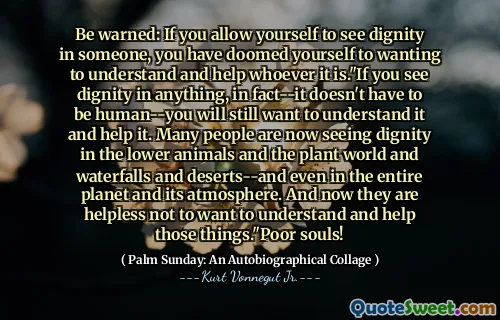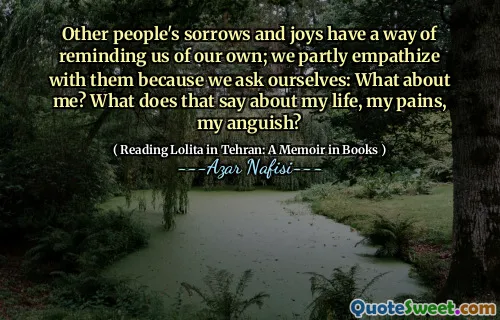
Whenever you hurt someone, you bring torment into your own life.
This quote by Debasish Mridha encapsulates a profound truth about human interactions and the inherent repercussions of our actions. It suggests that intentionally causing pain to others is not a cost-free act; instead, it reverberates back to affect our own emotional and mental well-being. In essence, the torment inflicted on others does not remain external but becomes a burden we must carry within ourselves.
When we hurt someone, whether through words, actions, or neglect, we disrupt the natural harmony of kindness and respect that binds society together. This disruption can manifest as guilt, regret, anxiety, or a general sense of unrest in our inner lives. Such feelings are forms of self-inflicted torment, highlighting an intrinsic connection between empathy and personal peace. The quote underscores the idea that the harm we do to others is, ultimately, a manifestation of harm we inflict upon ourselves.
Reflecting on this, it becomes clear that fostering compassion and understanding is not just beneficial to those around us but essential for maintaining our own mental health. It serves as a reminder that living ethically and kindly contributes directly to our happiness, psychological resilience, and peace of mind. The statement champions a cycle of positivity — suggesting that kindness begets peace, whereas cruelty begets suffering.
In a broader sense, this notion aligns with many spiritual and philosophical teachings that encourage us to act with empathy to achieve true happiness. By embracing this wisdom, we take responsibility for our actions beyond external consequences and venture into nurturing a healthier, more fulfilling inner life.










